New Year, New Brain
New Year’s resolutions are a great way to focus your brain on what you want to accomplish in the coming year. But if you really want to get the most out of the year ahead you also need to nourish your brain.
Whatever your age our brains have the continual ability to grow and change: we can choose activities and strategies that will calm the brain, boost memory and motivation and enhance our mood. Our brains are known for their plasticity – this means your brain has the ability to grow new neurons, make new connections, and dampen dysfunctional connections. So this New year resolve to get your brain up to speed with new diet and lifestyle strategies.
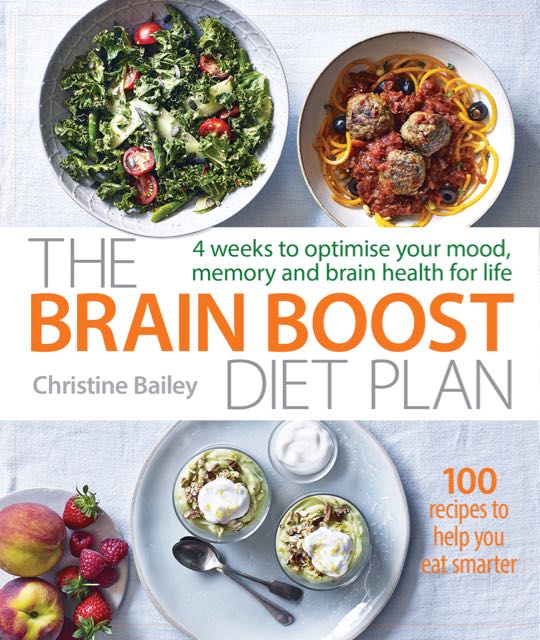
The Brain Boost Diet
With a weight of 1.3kg/3lb our brains are one of our heaviest organs, demanding the most oxygen and glucose, and using about 30 per cent of the body’s glucose and 20% of your daily calorie intake. For optimal function your brain requires an array of essential amino acids, omega 3 fats, phospholipids and vital vitamins and minerals to make the neurotransmitters that affect how we think and feel.
My new book The Brain Boost Diet Plan is a revolutionary 4-week diet based on the principles of functional medicine and the latest research designed to cleanse, protect and renew your brain, unleashing its huge potential. Perfect for adults and children, this dietary approach can boost your mental health and capacity, tackle low mood, eliminate and prevent short term memory loss, forgetfulness and increase brain-power. All the recipes in the book are gluten free, low sugar and packed with nutrients to optimise brain function. There are suggestions throughout for dairy free options. The recipes are also designed to suit everyday eating and ideal for all ages.
Here are some top suggestions for resolutions that will have your brain in peak condition all year.
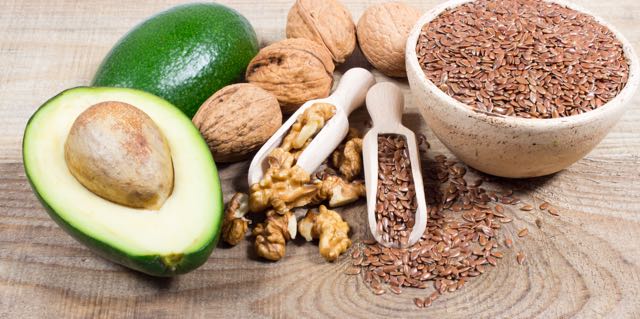
Resolve to Eat More Healthy Fats
Approximately 60 percent of your brain matter consists of fats and primarily omega 3 fats and phospholipids. These are essential for the functioning of all your brain cells and keep our myelin sheaths healthy. Omega 3 fats have been shown to improve concentration, memory, focus and mood. Foods rich in omega 3 fats include oily fish (mackerel, salmon, trout, sardines, prawns). For vegetarians choose flaxseed, chia seeds, walnuts, tofu and leafy greens. Other healthy anti-inflammatory fats to include are the monounsaturated fats found in olives, avocado, macadamia nuts and cold pressed rapeseed.

Include More Eggs in Your Diet
One of the best ways to kick start your brain in the morning is to include eggs for breakfast. The protein in eggs, particularly the yolks can significantly boost your blood plasma levels of tryptophan and tyrosine – the building blocks to mood neurotransmitters serotonin and dopamine. They also contain choline and omega-3 fatty acids, which can improve memory too.

Get Spicy
Spice up your meal with plenty of turmeric. This deep-yellow spice is a key ingredient in curry powder and has a number of benefits for the brain. Curcumin, the active ingredient in turmeric, has been shown to cross the blood-brain barrier, meaning it can directly enter the brain and benefit the cells there. Curcumin has been shown to improve memory, delay age related cognitive decline and ease depression by boosting serotonin and dopamine which both improve mood. Whether it’s turmeric lattes, curries, homemade soups and dhal – aim to get more of this fabulous spice in your diet.

Stimulate Your Brain
The more you challenge your brain, the more you do something, the more synapses your brain fires and creates. This year consider learning a new sport, read a new book, take up a new hobby or learn a language. New activities are not only a great to de-stress the body but help broaden what you ask your brain to focus on, enhancing its overall capacity.

Don’t Skimp On Sleep
Sleep is essential for a healthy brain, affecting repair and renewal of brain cells and myelin formation. Research has revealed sleep allows new neurons to grow in your hippocampus, the part of the brain that regulates long-term memory and spatial navigation. Getting sufficient sleep also improves your brain’s ability to focus, learn new skills, and recall information.
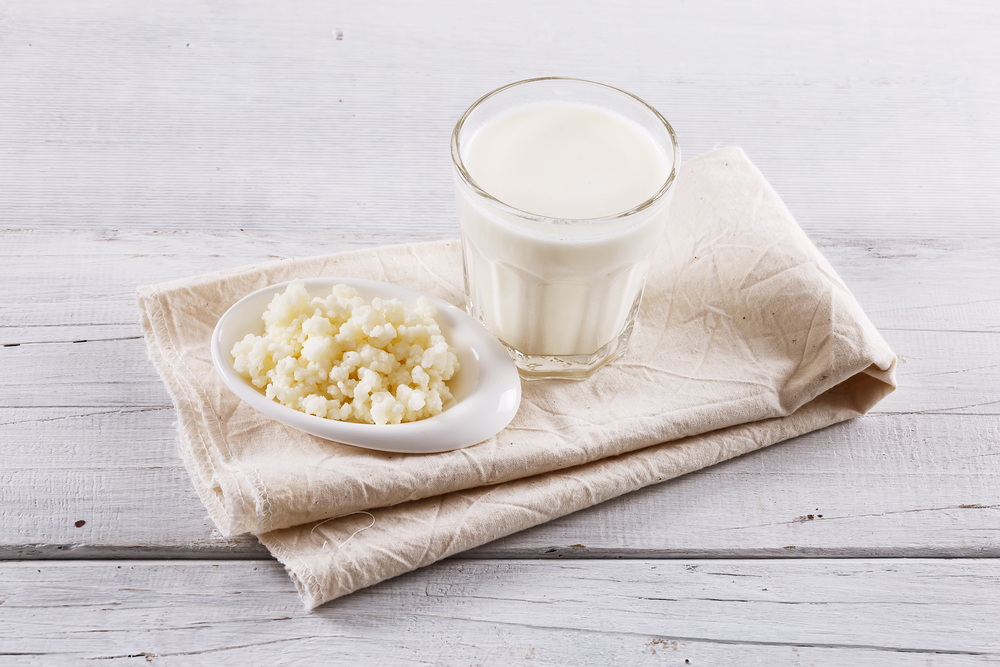
Consume Fermented foods
The intestines and brain are connected physically and biochemically. The physical connection between the intestines and brain is through the central nervous system, which controls all of the activities of the body. The vagus nerve is a large nerve that sends signals between the intestines and brain. The brain is also connected to the intestines through your gut microbes. Molecules that they produce such as short-chain fatty acids, neurotransmitters and amino acids influence the brain and central nervous system by controlling inflammation and hormone production. Including fermented foods daily can enhance our gut flora which in turn influences mood and behaviour. Fermented foods include yogurt, kefir, sauerkraut and kimchi. The Brain Boost Diet includes recipes to make your own and to include them in everyday meals. According to research they help boost our mood and improve our ability to cope with stress. This is thought to be linked to decreasing inflammation in the gut and brain as well as increasing levels of tryptophan, an amino acid involved in the production of the mood boosting neurotransmitter serotonin.
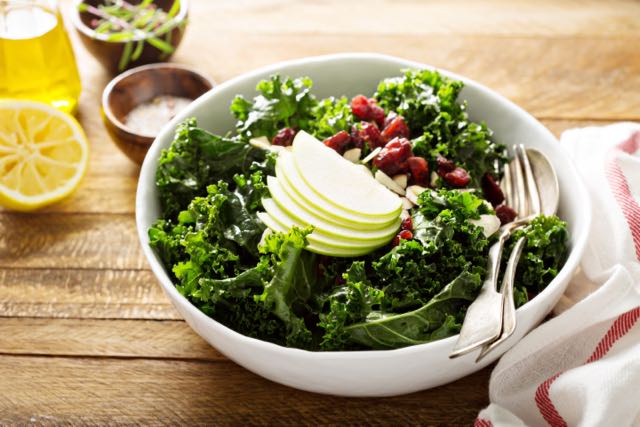
Go Green
Greens including kale, spinach, broccoli and asparagus are all excellent brain foods. Most of us don’t eat enough – so this year aim to get 1-2 cups in your diet daily. Whether its cooked or raw, blended in soups or smoothies or made into Christine’s Broccoli Pizza recipe there are so many ways to cram more into your diet. Greens are a good source of magnesium – a mineral which helps calm the mind and body making it particularly beneficial in times of stress. Low magnesium levels are also linked to migraines and depression. Greens are also a good source of vitamin K. This fat-soluble vitamin is essential for forming sphingolipids, a type of fat that’s densely packed into brain cells.

Resolve to Exercise Daily
Exercising for just thirty minutes a day is all that is needed to improve brain health. Aerobic exercise (walking briskly, running, dancing, cycling) in particular can increase BDNF (brain-derived neutrophic factor (BDNF), our brain’s growth hormone, reverse memory decline and support the growth of new brain cells. In essence exercise is like a strong fertilizer for the brain. Exercise also supports improved communication between the cells by building new networks in the brain. This will help us to recall information and think better, and it appears that age is no barrier. Exercise also benefits the brain by decreasing stress and improving circulation and oxygenation. It supports healthy blood-sugar levels, lowers inflammation and improves the insulin sensitivity of cells, all of which are vital for long-term brain health
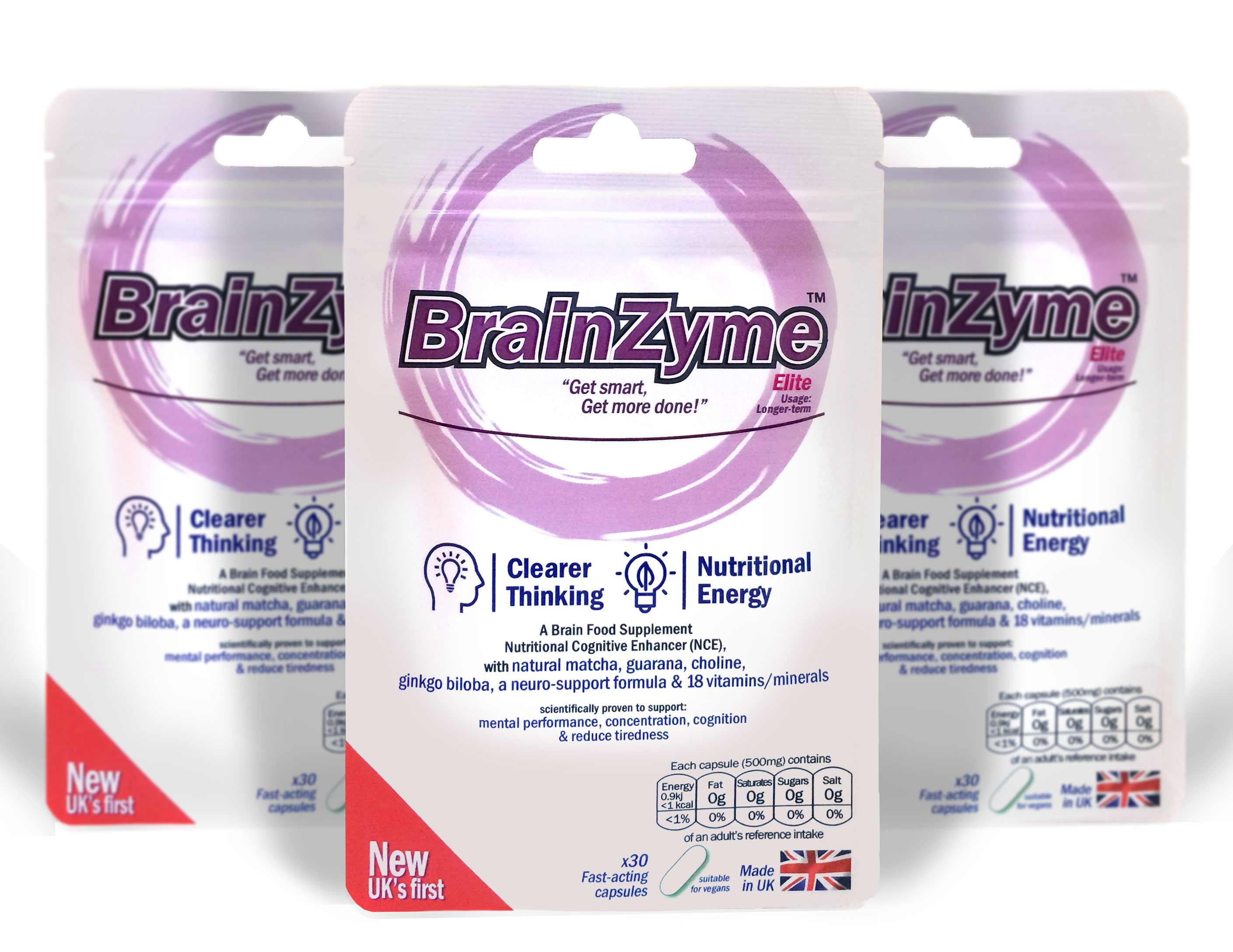
Try a Supplement
If you’re struggling with focus and concentration or have deadlines to meet and need a cognitive enhancer there are many great nutrients that can give your brain a boost. I mention many of the key ones to help in my Brain Boost Diet. One great natural supplement is BRAINZYME
Want to give your brain a boost? Order my Brain Boost Diet here

